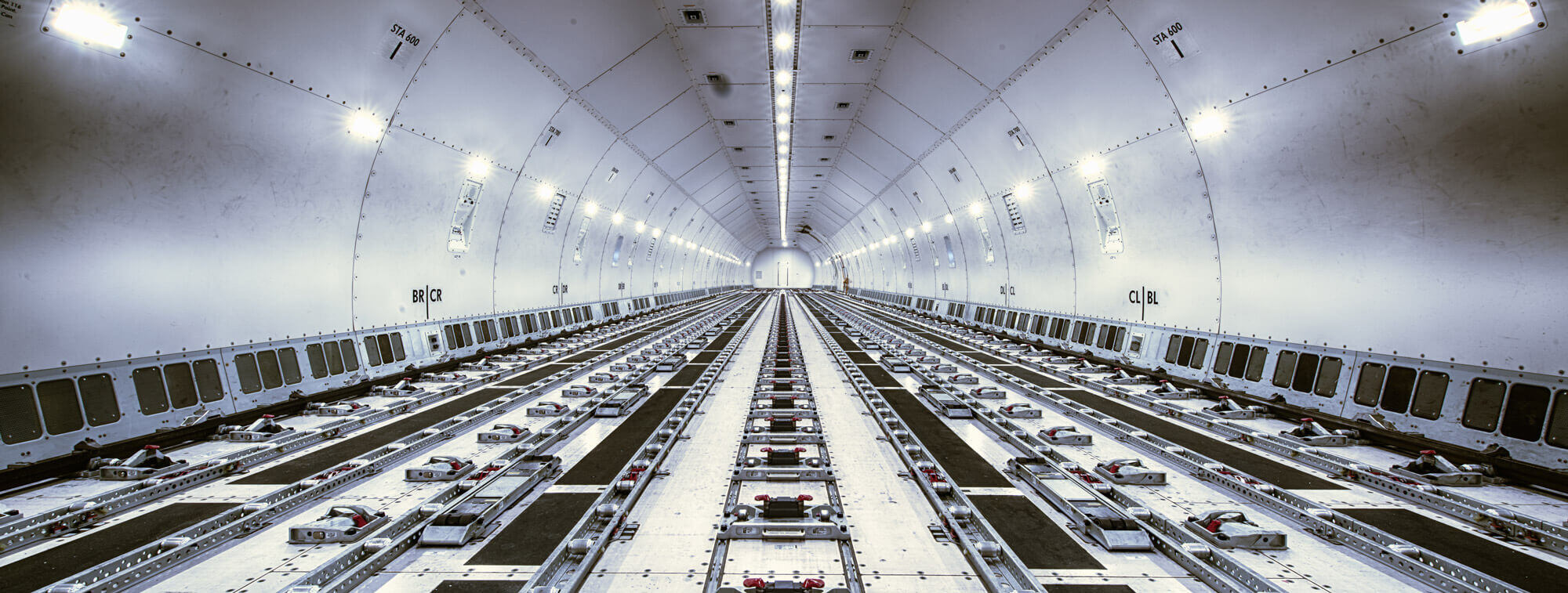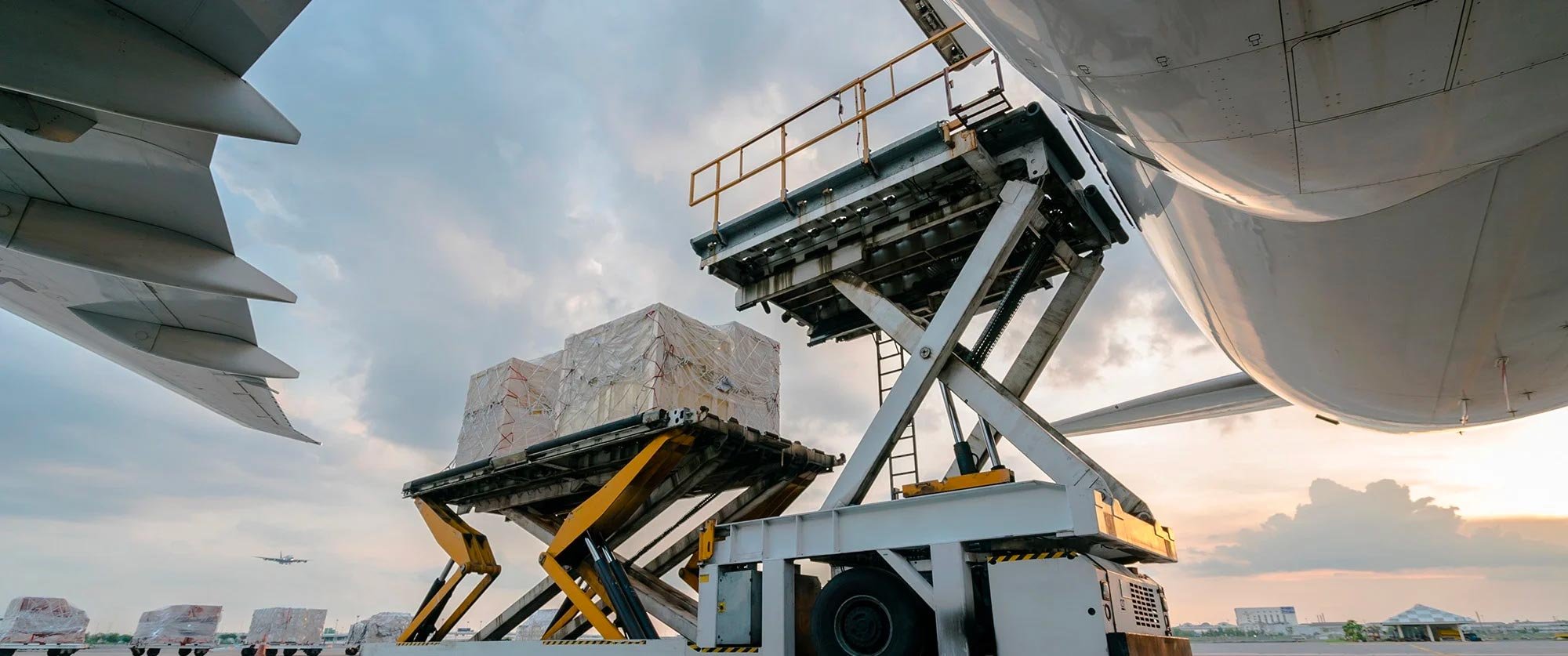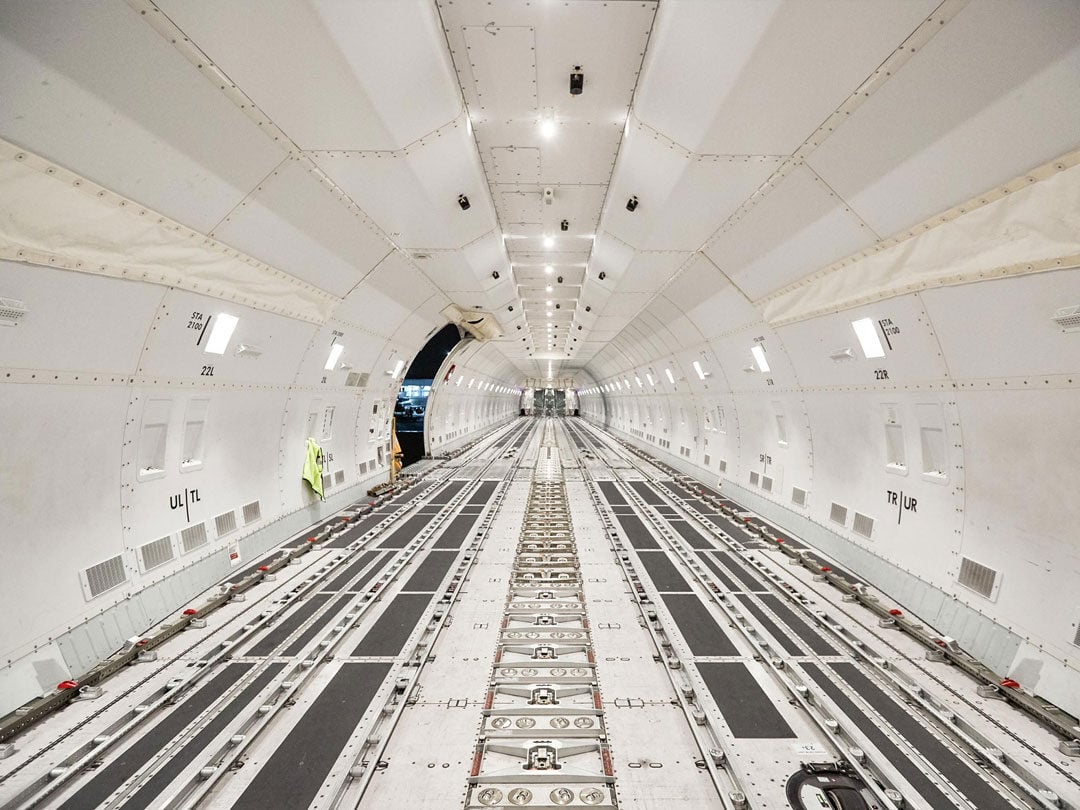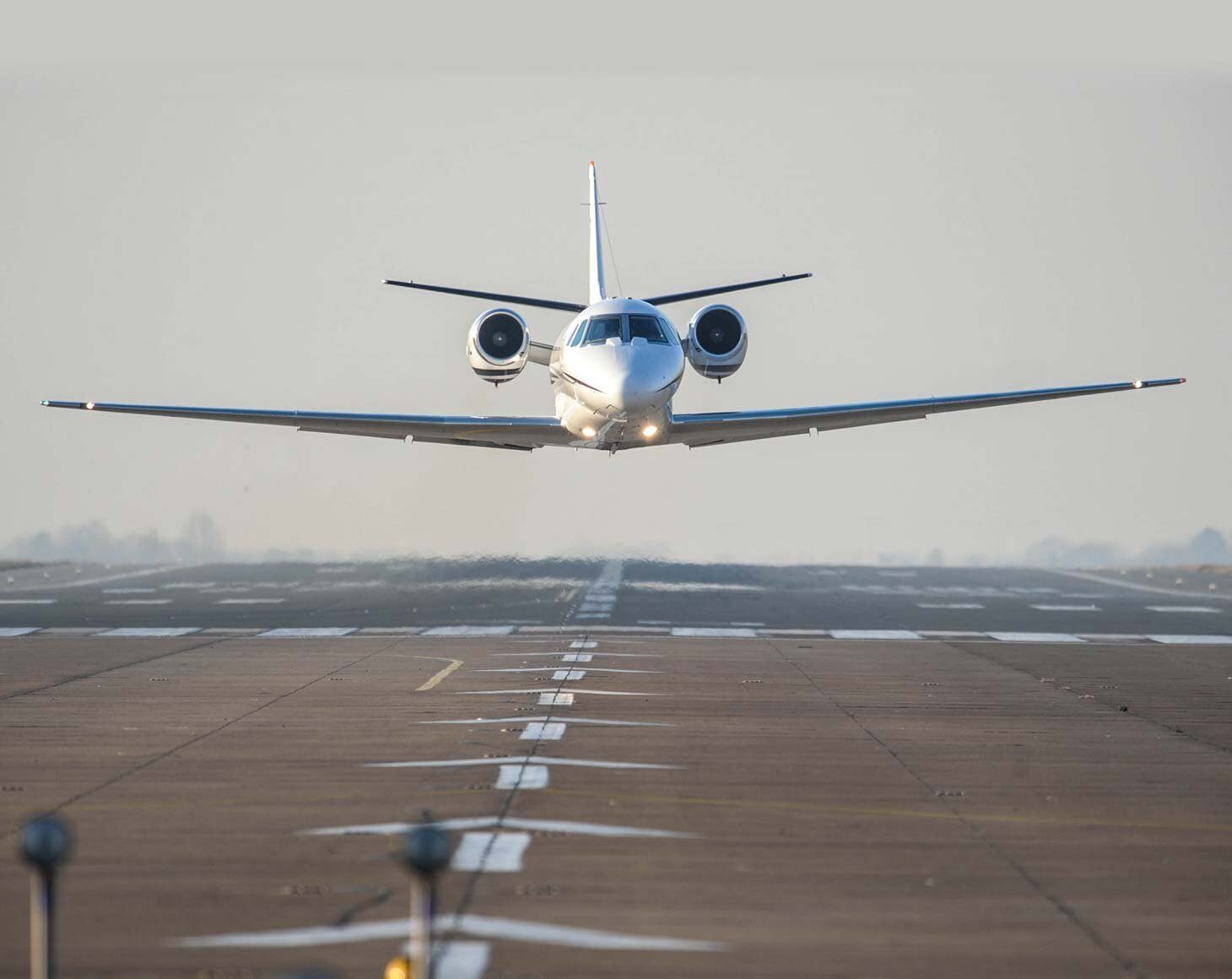If you’ve ever wondered how air charter or air freight shipping costs are calculated, you’re not alone. With so many variables influencing the final price, it can sometimes feel like solving a complex logistics puzzle. Whether you’re shipping high-value equipment, urgent medical supplies, or time-sensitive cargo, understanding the factors that impact pricing can help you make more informed shipping decisions.
At AirFreight.com, we specialize in providing fast, reliable air charter services tailored to your unique freight needs. But before you can get a precise freight quote, it’s essential to understand what goes into the cost calculation. From cargo specifics and flight routes to fuel prices and specialized handling, every detail matters. Let’s break it down step by step.
UNDERSTANDING AIR CHARTER
Air charter services are specialized freight services that involves the exclusive rental of an entire aircraft to transport cargo. Unlike standard air freight service, air charter offers direct, dedicated transportation tailored specifically to the shipper’s needs. This service provides maximum flexibility and speed, making it ideal for time-critical, high-value, or oversized shipments. With air charter freight, businesses have full control over the schedule, routing, and handling of their cargo, ensuring it reaches its final destination without being subject to airline schedules or delays.
TALK TO AN EXPEDITOR NOW
Get a Quote in Minutes for Your Time-Critical Freight Needs

Air Charter Advantages
- Speed and Efficiency: Faster transit times with direct, non-stop flights.
- Flexible Scheduling: Departures and arrivals tailored to your specific needs.
- Cargo-Specific Aircraft: Select the right aircraft for oversized, heavy, or specialized cargo.
- Security and Privacy: Enhanced protection for high-value or confidential shipments.
- Dedicated Customer Support: Single point of contact for streamlined communication.
- Increased Operational Control: Greater oversight and flexibility for complex logistics needs.
Key Factors That Influence Air Charter Costs
The cost of air charter services can be influenced by a variety of factors, making it essential for companies to understand the key variables that drive pricing. From the type and size of the aircraft to the distance and complexity of the route, many potential details impact the final cost. External factors such as fuel prices, weather conditions, and market demand can also influence rates.
Because of this cargo air charter pricing is dynamic and often varies from one shipment to the next. For businesses relying on time-sensitive or high-value deliveries, being aware of these factors allows them to make smarter, more cost-effective shipping decisions.

Cargo Details: Size, Weight, and Special Requirements
The first and most critical factor in determining your air charter freight cost is the cargo itself. The type, size, and weight of the shipment directly influence pricing, as these details dictate the aircraft type, handling requirements, and space needed.
Are you shipping general goods, perishable items, or hazardous materials? Specialized cargo often requires additional safety measures, custom packaging, and regulatory compliance.
Accurate weight and dimensions (length, width, and height) are equally important. Larger or heavier cargo requires bigger aircraft with higher fuel consumption. Furthermore, bulkier items may take up more cargo space, even if they’re lightweight, due to volumetric pricing. This is why providing precise measurements when requesting a free freight quote ensures you receive the most accurate estimate.

Shipping Details: Origin, Destination, and Transit Time
Next, you’ll need to provide the shipping details, which play a significant role in determining the cost of your air charter service. The starting point and final destination of your cargo will influence flight distance, route complexity, and potential landing fees.
For domestic shipments, the proximity to major airports with cargo-handling capabilities can lower costs by reducing ground transport requirements. However, for international shipping, customs clearance and additional handling may increase expenses. Specifying whether your shipment requires door-to-door or airport-to-airport delivery also helps us tailor the service to your needs.

Additional Factors That Influence Air Charter Costs
- Aircraft Type and Size
- Aircraft Positioning
- Freight Route
- Weight and Volume of Cargo
- Fuel Costs
- Season and Market Demand
- Weather Conditions
- Time of Day
- Airport Size and Loading Capabilities
- Specialized Handling Requirements
Aircraft Type and Size
The type of charter airplane used significantly affects pricing. Smaller aircraft, such as turboprops or light jets, are cost-effective for short distances and lighter loads. On the other hand, heavy jets or cargo planes capable of handling oversized or heavy freight come at a higher price due to their larger capacity and fuel consumption. Selecting the right aircraft for your air charter freight ensures you get the best value without overpaying for unnecessary capacity.Aircraft Positioning
If the aircraft you need is not already at the departure location, repositioning costs may be added. For example, if your cargo needs to depart from Dallas, but the closest suitable aircraft is in Chicago, you’ll need to cover the cost of flying the empty plane to the departure point before loading your shipment.
Freight Route
The route your air cargo takes also plays a major role in pricing. Direct, non-stop charter flights are generally faster but can be more expensive, while multi-stop routes may reduce costs but add time. Additionally, certain international routes may involve higher airspace fees, regulatory expenses, or customs charges, all of which influence the overall cost.Weight and Volume of Cargo
In air freight, both the actual weight and volumetric weight (space the cargo occupies) are considered. Heavier or bulkier cargo increases fuel consumption and may require larger aircraft, raising the overall shipping cost. Optimizing your packaging to reduce unnecessary volume can help keep costs down.Fuel Costs
Fluctuating fuel prices can significantly impact air charter freight costs. When fuel prices spike, charter service rates increase to account for the added expense. This variable is particularly important for long-haul flights, where fuel consumption is a major portion of the overall cost.Season and Market Demand
Just like commercial travel, air charter services experience seasonal fluctuations. During peak seasons—such as the holiday rush or major industry events—demand for charter flights increases, driving up prices. Planning shipments during off-peak times can help secure better rates.Weather Conditions
Adverse weather can cause delays, rerouting, or even cancellations, adding unexpected costs. If weather conditions require alternate landing sites or extended flight times, you may face additional charges. Reliable air charter companies like ExpeditedFreight.com continuously monitor conditions to minimize these disruptions.Time of Day
Booking an air charter service during peak hours or late at night can affect pricing. Early morning or late evening departures often carry premium rates due to limited crew availability or airport restrictions, while off-peak times may offer more competitive pricing.Airport Size and Loading Capabilities
The size and infrastructure of the departure and arrival airports also impact costs. Larger airports with established cargo handling facilities may have lower fees, while smaller or remote airports could charge higher handling rates due to limited resources.Specialized Handling Requirements
If your shipment requires special handling, such as temperature control, security escorts, or fragile-item care, expect additional charges. Air charter freight for delicate or high-value goods often involves enhanced handling procedures, which increases the overall cost.Why Choose AirFreight.com?
As you can see, calculating air charter shipping costs is no small task—it requires expertise and industry insight to get it right. That’s where AirFreight.com comes in. Our team of seasoned air freight brokers simplifies the process by providing accurate, transparent quotes tailored to your specific shipping requirements.



